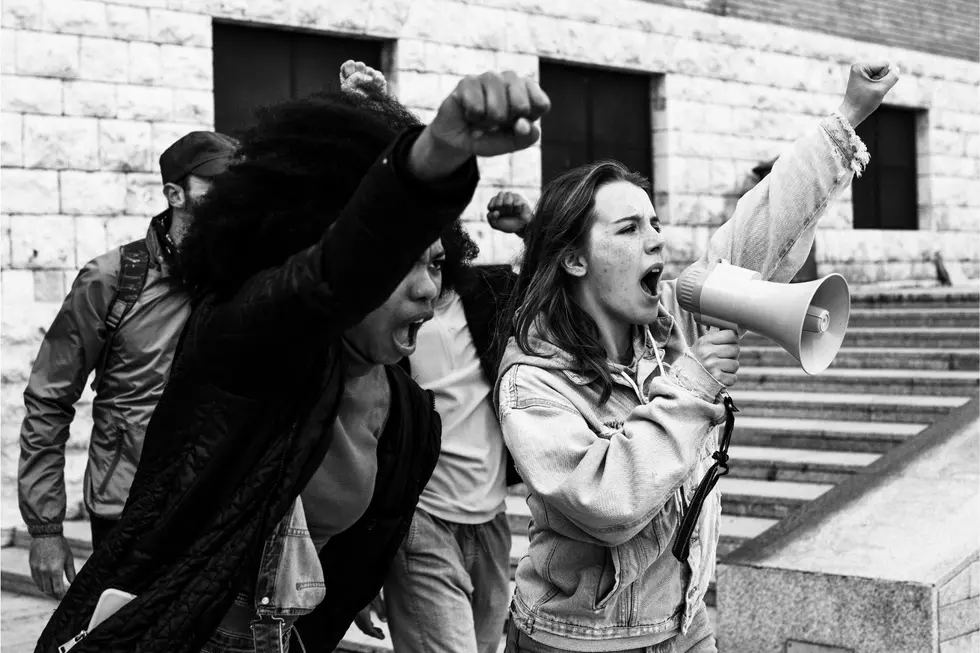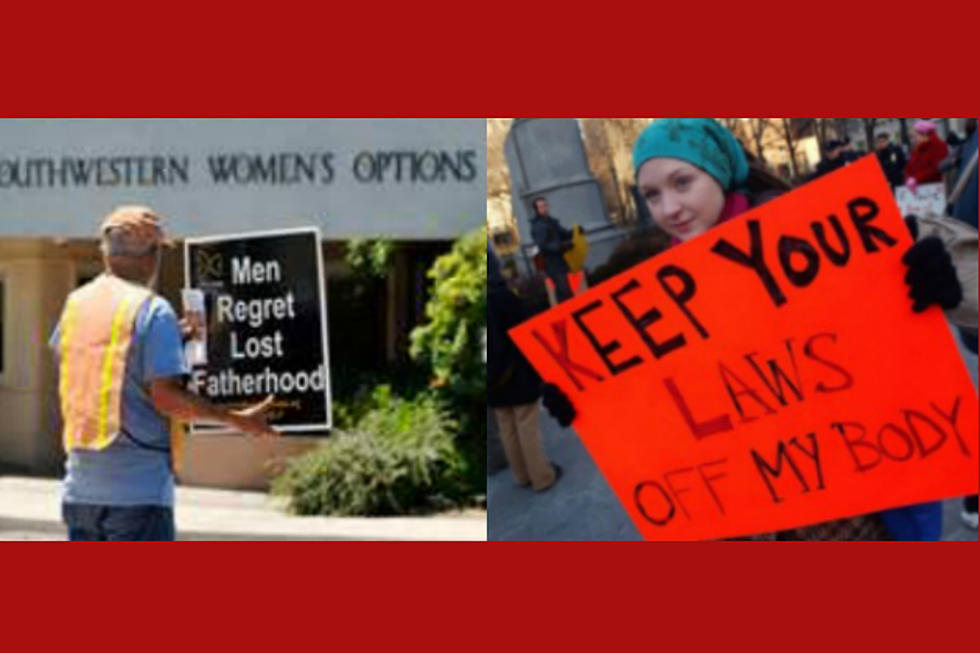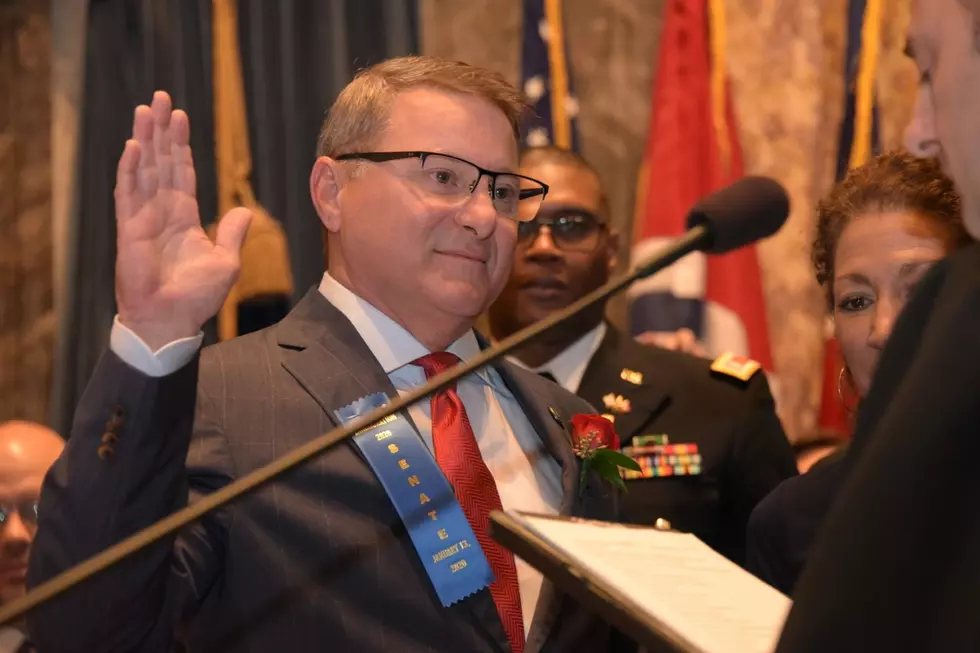
Supreme Court Overturns Roe v. Wade, Making Abortion Illegal In Louisiana
In a 6-3 opinion along ideological lines, the Supreme Court of the United States has overturned Roe v. Wade, which established a constitutional right to an abortion, triggering a wave of political reaction in Washington D.C. and across the county.
In the opinion written by Justice Samuel Alito, the Court sided with the state of Mississippi in the case of Dobbs v. Jackson Women’s Health Organization and has determined that there is no constitutional right to an abortion and has returned the issue of regulating abortion to the states.
In his opinion, Alito states "We do not pretend to know how our political system or society will respond to today's decision overruling Roe and Casey. And even if we could foresee what will happen, we would have no authority to let that knowledge influence our decision."
"We can only do our job, which is to interpret the law, apply longstanding principles of stare decisis, and decide this case accordingly," he adds. "We therefore hold that the Constitution does not confer a right to abortion. Roe and Casey must be overturned, and the authority to regulate abortion must be returned to the people and their elected representatives."
Capitol police had increased security at the Supreme Court to "unprecedented" levels, according to sources, in preparation for the Dobbs decision coming out today. Pro-life groups are celebrating a decades-long goal of reversing Roe, which even some liberal legal scholars (including the late Justice Ruth Bader Ginsberg) have said was poorly decided.
Protests outside of the Supreme Court show activists mourning the ruling.
And pro-life activists cheering.
The ruling is also set to trigger laws in several states, including Louisiana, that would ban or criminalize abortion in those states. In Louisiana, the law signed by Gov. John Bel Edwards after the recent legislative session would criminalize abortion providers who perform abortions in the state. That bill did not include exceptions for rape and incest, but did maintain exceptions in pregnancies that risk the life of the mother.
The History Behind Lafayette's Street Names
More From News Talk 96.5 KPEL









